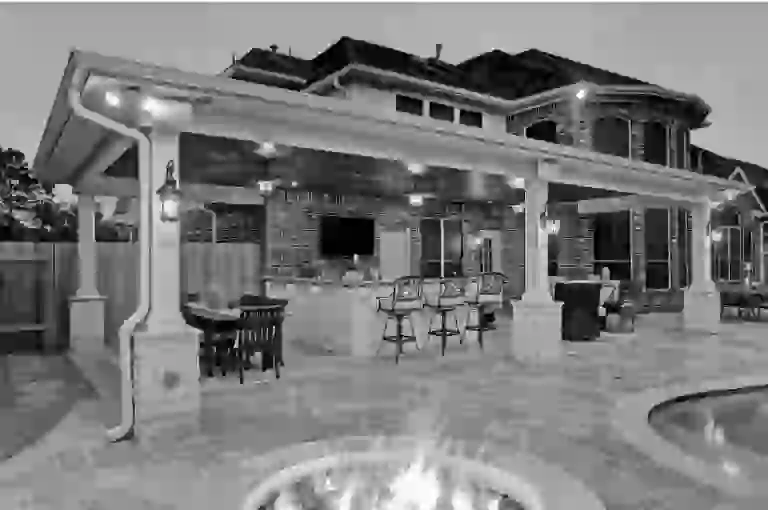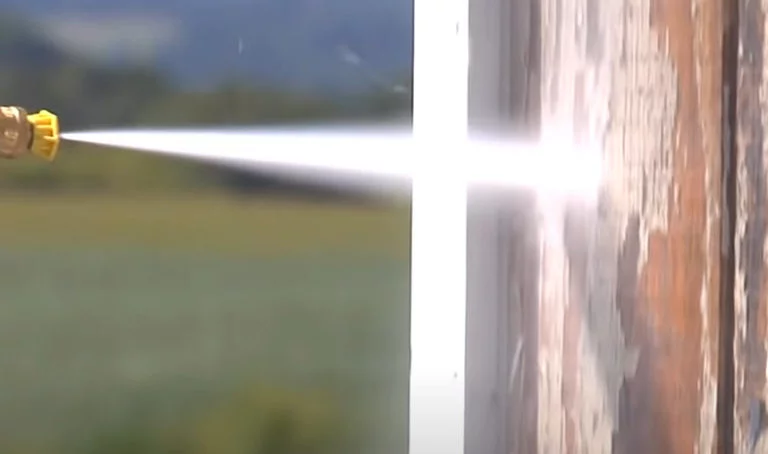Who Pays For FHA Inspection
Who Pays For FHA Inspection?
Regarding who pays for an FHA inspection, they are paid by the prospective buyer.
If you are buying or selling a home where an FHA loan is involved, you will need to be prepared for having an FHA inspection on the home. This inspection is paid for by the buyer and is more in depth than a standard appraisa
This inspection is paid for by the buyer and is harder to pass than a conventional loan appraisal.
There are many aspects that won´t pass an FHA inspection, mostly for legal reasons, such as the violation of the peeling paint guidelines. These situations will oblige an FHA re-inspection after the necessary repairs are done.
Read our analysis and complete study of the FHA loan requirements.
When visiting the “subject property” (which is the house being purchased), the FHA appraiser will review the overall condition and features of the home.
He will also look at comparable properties that have sold recently in the same area. This is what real estate agents referred to as “comps.” The appraiser will use these comparable sales to determine the market value of the home that is being purchased with an FHA loan.
The appraiser will also evaluate the overall condition of the house to make sure it meets HUD guidelines and requirements. HUD is primarily concerned with the health and safety of the future occupant.
FHA Inspection Vs Home Inspection
You will notice that an FHA inspection is more difficult and more expensive than a home inspection
Like all real estate appraisals, the aim of an FHA appraisal is to establish the safety of a home as well as its value. This is contrasted with a home inspection which does not necessarily assign a value but does a deep dive into the condition of the home and potential issues.
FHA Inspection Cost
When it comes to FHA inspections, there are various costs associated with it. The cost of the inspection is typically paid for by the buyer, but there are certain situations where the seller may cover the cost. Here are a few things to keep in mind when it comes to the cost of FHA inspections:
- Buyer pays for the inspection: In most cases, the buyer will be responsible for paying for the FHA inspection. This cost will be added to the closing costs and can range from a few hundred to a thousand dollars. It’s important to note that the cost of the inspection can vary depending on the location, size, and condition of the property.
- Seller pays for the inspection: There may be situations where the seller agrees to pay for the FHA inspection. This is usually done to make the property more attractive to potential buyers. However, it’s important to note that the seller is not required to pay for the inspection.
- Inspection is required: It’s important to keep in mind that an FHA inspection is required for all FHA loans. This means that even if the buyer agrees to pay for the inspection, it’s still a requirement that must be met before the loan can be approved.
- Costs can be negotiated: It’s possible to negotiate the cost of the inspection with the seller. This can be done by asking the seller to cover part or all of the cost of the inspection. However, it’s important to keep in mind that the seller is not required to agree to this request.
In summary, the cost of an FHA inspection is typically paid for by the buyer and can range from a few hundred to a thousand dollars. However, there may be situations where the seller agrees to pay for the inspection. Regardless of who pays for the inspection, it’s important to keep in mind that it’s a requirement for all FHA loans and must be completed before the loan can be approved.
FHA Inspection Requirements
When you apply for an FHA loan, you will need to have an FHA inspection of the property before the loan can be approved. The FHA inspection is designed to ensure that the property meets the minimum standards set by the Department of Housing and Urban Development (HUD). Here are some of the basic requirements for an FHA inspection:
- Structural soundness: The property must be structurally sound and free of any major defects that could affect its safety or livability. This includes the foundation, roof, walls, and other structural components.
- Health and safety: The property must be free of any health or safety hazards that could pose a risk to the occupants. This includes issues such as lead-based paint, asbestos, mold, and other environmental hazards.
- Mechanical systems: The property must have working mechanical systems, including heating, cooling, plumbing, and electrical systems. These systems must be in good working order and meet local building codes.
- Property access: The property must have safe and adequate access, including driveways, sidewalks, and stairways. It must also have proper drainage and grading to prevent water damage.
- Appliances: Any appliances that are included with the property must be in good working order and meet local building codes.
It is important to note that the FHA inspection is not a substitute for a home inspection. While the FHA inspection focuses on minimum standards, a home inspection is a more comprehensive evaluation of the property’s condition. It is recommended that you get a separate home inspection to ensure that the property is in good condition and to identify any potential issues that may need to be addressed.
FHA Inspection Checklist
When you’re buying a home with an FHA loan, the property must go through an FHA inspection to ensure that it meets minimum safety, security, and soundness standards. An FHA inspection is conducted by a licensed, HUD-approved property appraiser. Here’s what you need to know about the FHA inspection checklist:
General Acceptability Criteria
The FHA appraisal accomplishes two things: it establishes the market value of the property and determines if the home meets the General Acceptability Criteria established by the U.S. Department of Housing and Urban Development (HUD). The General Acceptability Criteria include:
- The property must be free of any hazards that could affect the health or safety of the occupants.
- The property must have adequate access to the street.
- The property must have adequate water supply and waste disposal systems.
- The property must have adequate heating and cooling systems.
- The property must have adequate electrical and plumbing systems.
- The property must be structurally sound and in good condition.
Health and Safety Standards
In addition to the General Acceptability Criteria, the FHA appraiser will also check for minimum health and safety standards. The health and safety standards include:
- The property must have adequate working smoke detectors.
- The property must have adequate handrails and guardrails.
- The property must have no exposed electrical wires.
- The property must have no chipping or peeling paint in homes built before 1978.
- The property must have no evidence of termites or other wood-destroying insects.
FHA Appraisal Red Flags
When you’re buying a home with an FHA loan, the appraisal process is an essential step. The appraiser must determine the property’s value and check for minimum health and safety standards. Here are some red flags that could indicate problems with the property that could impact the appraisal:
- Structural issues: If the property has significant structural issues, such as a weak foundation, it could lead to a low appraisal value. Structural issues can also make the property unsafe, which could prevent it from meeting the minimum health and safety standards required for an FHA loan.
- Roof problems: A damaged or outdated roof can lead to leaks and other issues that could impact the property’s value. If the roof is in poor condition, the appraiser may require repairs or replacement before approving the loan.
- Electrical or plumbing issues: Faulty electrical or plumbing systems can pose a safety hazard and impact the property’s value. The appraiser will check these systems to ensure they are functioning correctly and meet the minimum requirements.
- Pest problems: If the property has a pest infestation, such as termites or rodents, it could impact the property’s value and safety. The appraiser will look for signs of pest damage and may require treatment before approving the loan.
- Environmental hazards: If the property is located near environmental hazards, such as a landfill or toxic waste site, it could impact the property’s value and safety. The appraiser will check for these hazards and may require additional inspections or remediation before approving the loan.
- Code violations: If the property has code violations, such as illegal additions or unpermitted work, it could impact the property’s value and safety. The appraiser will check for these violations and may require corrections before approving the loan.

I am David, economist, originally from Britain, and studied in Germany and Canada. I am now living in the United States. I have a house in Ontario, but I actually never go. I wrote some books about sovereign debt, and mortgage loans. I am currently retired and dedicate most of my time to fishing. There were many topics in personal finances that have currently changed and other that I have never published before. So now in Business Finance, I found the opportunity to do so. Please let me know in the comments section which are your thoughts. Thank you and have a happy reading.


